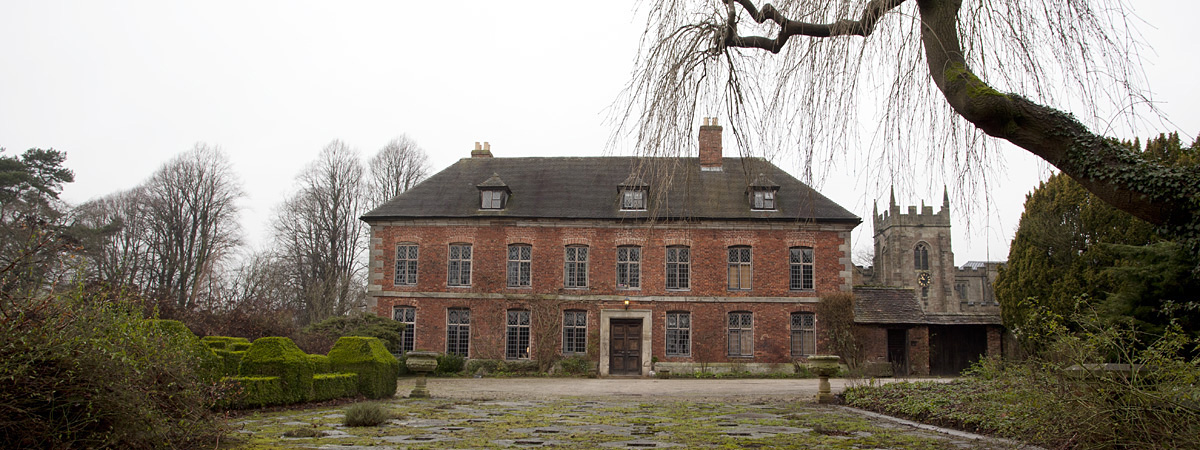
Poyser notes that her servants “want somebody’s eye on ’em constant if they’re to be kept to their work” (Eliot 450). Poyser” (Eliot 172, 496) is one of these physical enforcers of Christian ethics. We are constantly reminded of the characters’ perpetual watchfulness.įurthermore, Eliot undermines the necessity of God’s authority by directly replacing it with earthly authorities. Hardly a page passes in the entire novel where an eye is not mentioned. Poyser’s are an “arctic blue-gray,” Arthur Donnithorne’s are notably adjective-less, Seth’s are “confiding and pale,” and Dinah’s are always “gray,” and usually “mild.” Hetty is blatantly contrasted with Dinah through the look of their eyes (Eliot 222) just as Adam is with his brother, Seth (Eliot 18). Likewise, Hetty’s eyes are “dark,” Lisbeth’s eyes are “dim,” Mrs. Adam’s eyes, for instance, are “keen and dark,” we are told over and over. On the most basic level, Eliot is continually describing the physical eyes of her characters, and reminding us of their presence, although she gives up talking about God’s eye. But, Eliot abandons these sorts of references to an all-seeing God by chapter four in favor of a structure that does not require God’s eye. According to this model, a person must act morally otherwise God will know through sight and he will punish her.

Meanwhile, Bessy, a local Hayslope country girl, feels that “Jesus close by looking at her, though she cannot see him” (Eliot 40). Adam, our title hero, sings a tune in chapter one that refers to “God’s all-seeing eye,” (Eliot 24). By replacing God’s all-seeing eye with a plethora of human eyes, Eliot depicts characters in the close-knit community of Hayslope who don’t need God to be good Christians, who can hold their standards without their faith.Įliot begins with the simplistically Christian notion that God can see everything.

Richard Niebuhr writes, in his introduction to Eliot’s translation of Feuerbach’s The Essence of Christianity, that Eliot “sought to retain the ethos of Christianity without its faith, its humanism without its theism.” In her first full novel, Adam Bede, Eliot succeeds at doing this.

–Nietzsche, from The Gay Science: Book V (1887)ĭr.


 0 kommentar(er)
0 kommentar(er)
